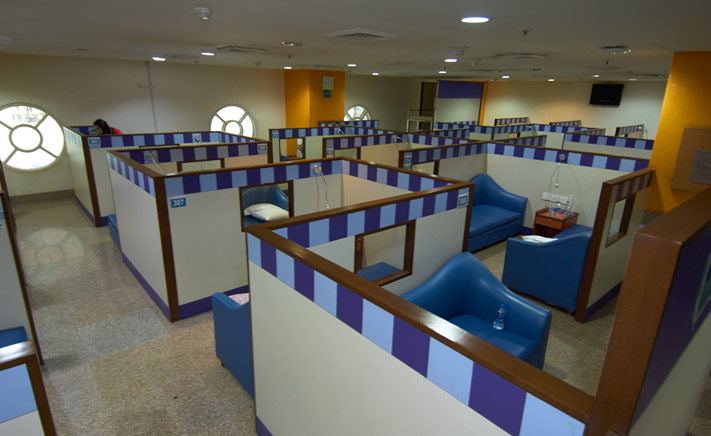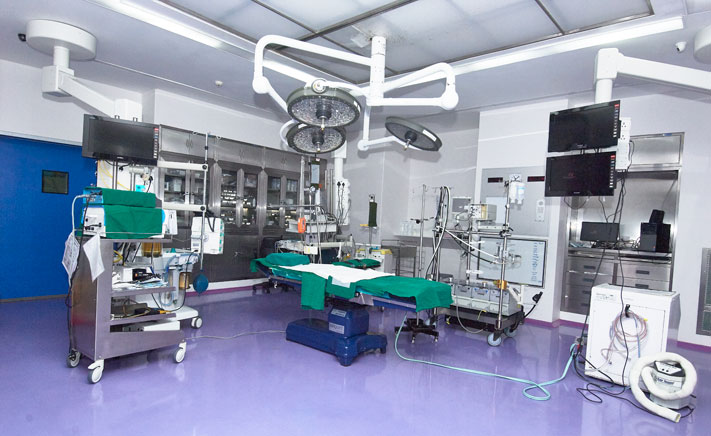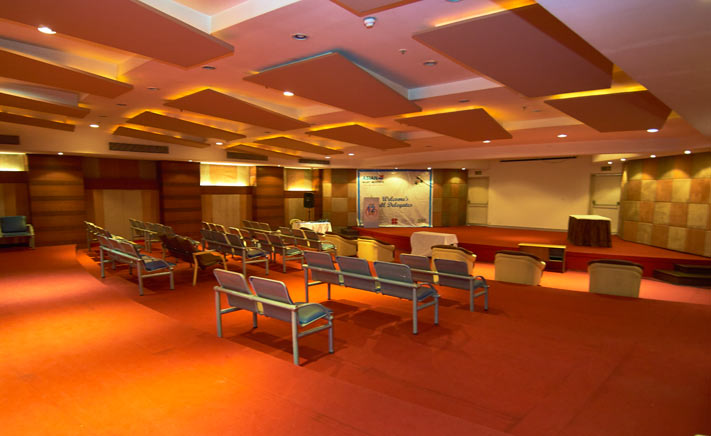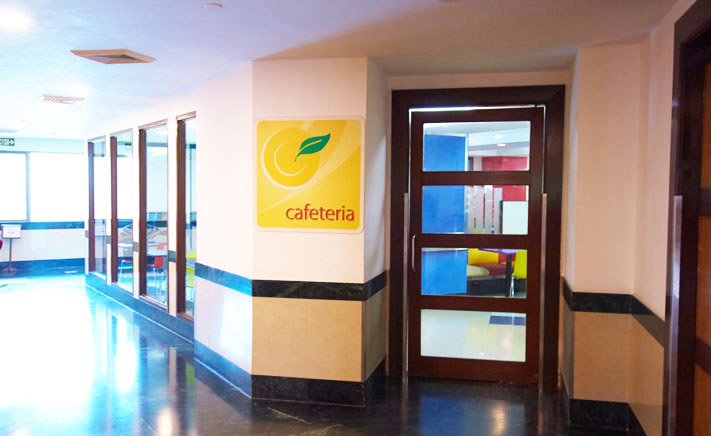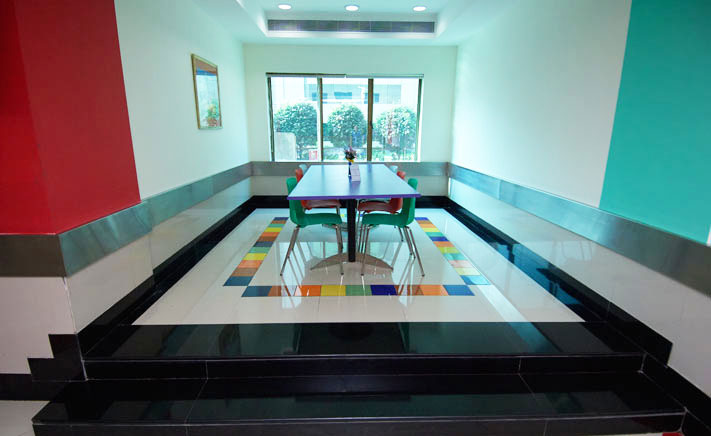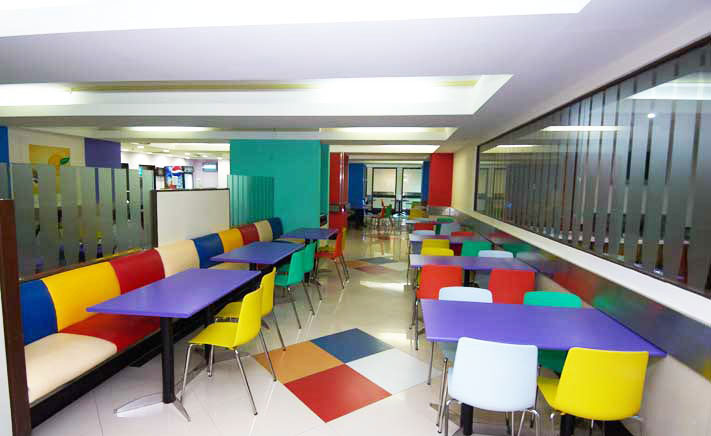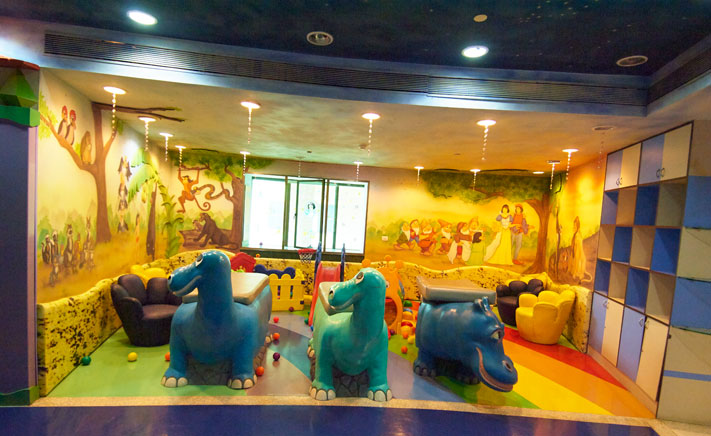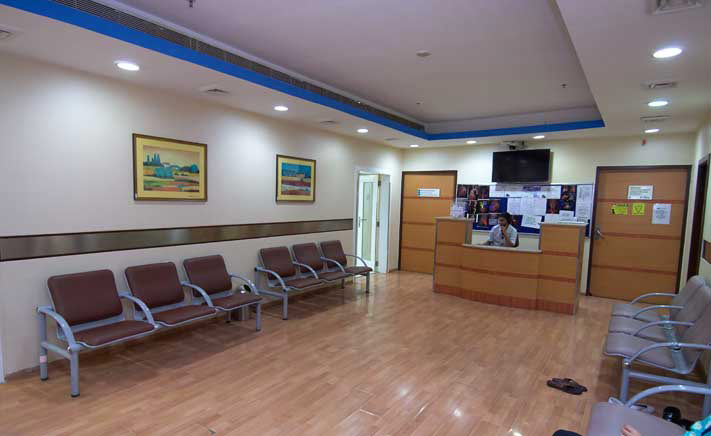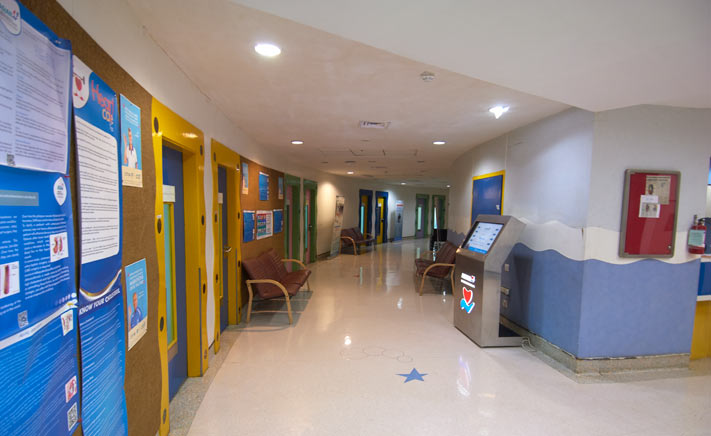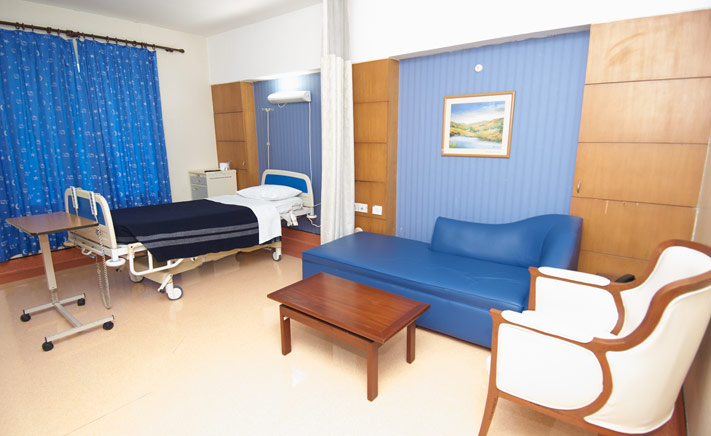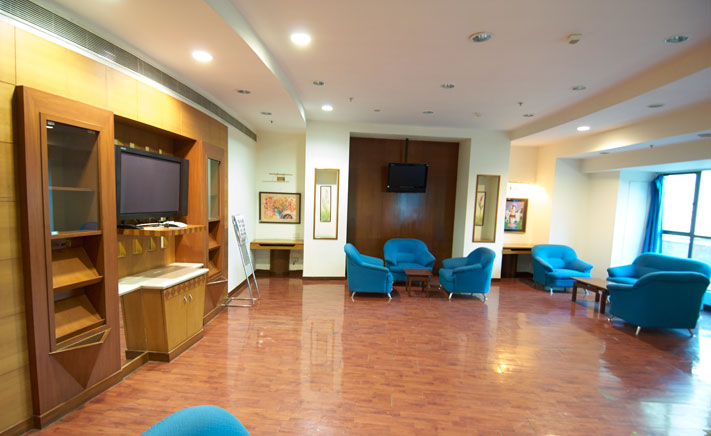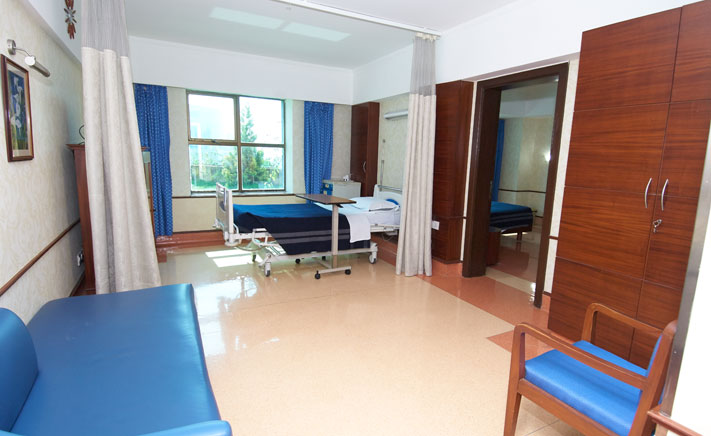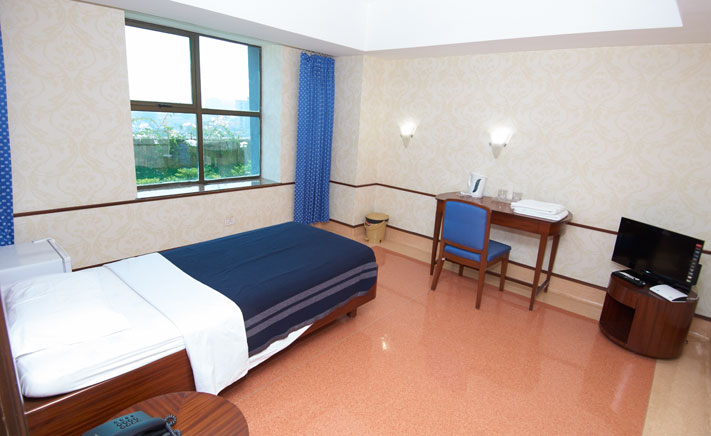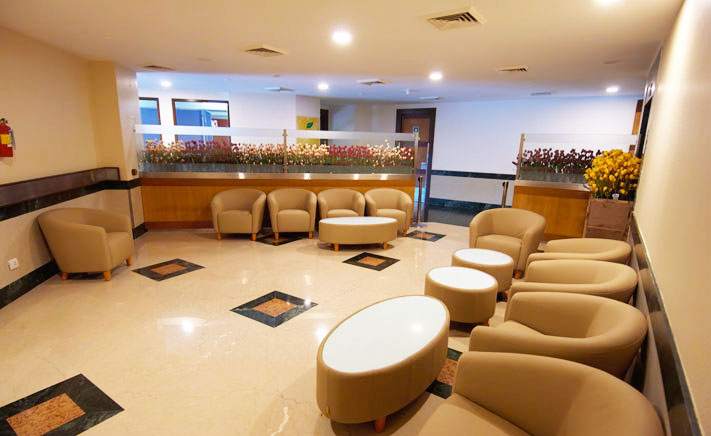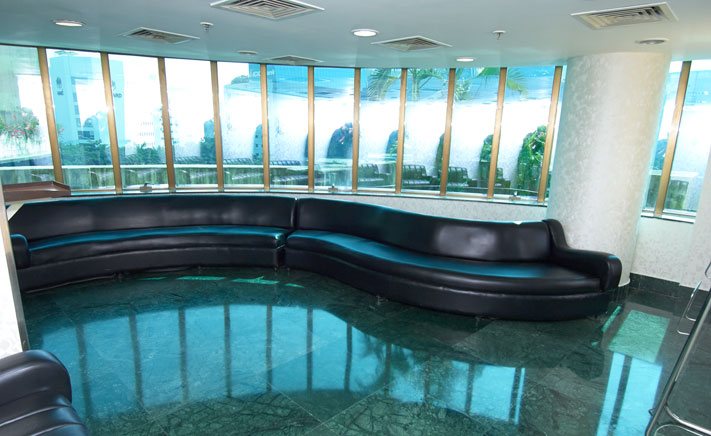For Any Queries Call Us
+91-9930333500, 022-66986666
Mumbai Emergency No.
126126
Asian Heart Institute's Many Cardiac Surgical Triumphs

Asian Heart Institute, India's No 1 HeartCare Hospital, in the last 17 years has performed more than 4,400 complex cases, many of whom were considered inoperable elsewhere. Led by Dr. Panda and his team of cardiac surgeons, AHI has pioneered the treatment of these cases at a staggering success rate of 99.83%, which is among the highest in the world.
Treatments offered at AHI include –
- Bypass & Redo Bypass Surgeries using arterial grafts (the best technique )
- Valve Surgeries & Redo Valve Surgeries
- Valve with Bypass Surgery & multiple heart operation in a single patient
- Aneurysm Surgeries
- Heart Transplant & Artificial Heart.
- Pediatric Heart Surgeries, etc.
- Angiography & Angioplasty (using radial artery technique)
- Pacemaker, AICD, CRT-D implantation
- Baloon Valvuloplasty
- Non-surgical Closure of Heart Defects
Our outstanding results, which are one of the best in the world especially for high risk patients, have been achieved by adhering to a very strict patient care protocol, 24 hour monitoring of patients in ICU by senior doctors, one to one nursing care of critical patients, and a core team of highly experienced doctors & other professionals who have been with the hospital since inception.
In June 2013, AHI joined hands with KEM Hospital to perform FREE cardiac surgeries for infants and children who had complex cardiac problems and could not afford treatment. Dr. Panda committed to operating 1,000 such needy children, without charging their families a single rupee. This extraordinary gesture had motivated many to come forward to bear the expense of the surgery, as the surgeries were conducted at AHI's state-of-the-art Pediatric Cardiac Center, where every child could enjoy the full scope of treatment and medications available.
Rare Cases Operated At Asian Heart Institute
Man survives 17 blocks in heart. Dr. Panda uses a record number of 12 grafts to fix Dhoka’s heart
Mithalal Dhoka, a businessman from Yadagiri district of Karnataka, has such a unique heart that it may just earn him a mention in the Guinness Book of World Records..
After the surgery he was shifted to the ICU for 2 days and after that to the wards.
He was stable and Mobilized during the discharge.
Not only did he have 17 blockages in the various arteries of the heart, city heart surgeon Dr Ramakanta Panda used a record number of 12 grafts-or surrogate blood vessels to restore blood flow -to fix Dhoka's heart. "The highest number of grafts used in previous cases was eight. I had to use 12 grafts as his heart is very different," Dr Panda, who is applying to the Guinness Book for a mention, said.
The biggest difference is that while most patients with heart problems have 3 or 4 blocks, Dhoka had 17 blocks. An angiogram taken before the surgery showed a series of tiny arteries crisscrossing his heart. "Instead of having three major arteries that are normal, Dhoka had more than 12 arteries that were all 1mm in diameter," Dr Panda, who operated on Dhoka in Asian Heart Institute, Bandra-Kurla Complex, on February 12, said.
Heart surgeon Dr Sripal Doshi called it the most unusual news. "Clearly, the patient had an unusual number of small arteries or tributaries. Kudos to the surgeon for managing 12 grafts," he said.
The nature of Dhoka's heart disease stems from his long-standing diabetes. "I have been a diabetic for 30 years and have been taking insulin for the last seven years," he said.
It is now a well-established fact that Indians are more prone to heart disease. Diabetes, another disease that Indians are very prone to, is a risk factor for heart disease. According to Dr Panda, Indians also tend to have multiple blockages. So, while most Westerners need between 3 and 4 grafts, Indians need double the number.
In fact, this is the topic of his next research. "I have operated on 500 patients in the 20 to 80 age group who have had more than six grafts. Around 90% of the patients had diabetes," said Dr Panda. He is in the process of calling each of these patients back for a checkup so that he can chronicle how well they are doing. "Clearly, Indians need more grafts and there is a way to do it," he added.
Dhoka couldn't agree more. A CT angiogram done after the surgery showed that each of the 12 grafts was working well. "He underwent a stress test which showed that while running an equivalent of 7 km an hour, his heart was getting full blood supply," said Dr Panda.
Patient stable and mobile during discharge after Dr. Panda performs RE-REDO Bypass Surgery with 5 grafts
Mr. Jyotindra Choksi had previously undergone Bypass surgery(CABG) in 1991 in a renowned hospital in the city and later a REDO CABG (Bypass surgery) ON 16/06/98 in USA.
Later he complained of Chest Pain which increased gradually and along with uneasiness and fatigue he managed conservatively. After that, he came to Asian Heart Institute for further management.
Dr. Ramakanta Panda advised RE - REDO CABG (re redo bypass surgery) with 5 grafts.
ON 10/10/2013 Dr. Panda did the surgery successfully with 5 grafts.
After the surgery he was shifted to the ICU for 2 days and after that to the wards.
He was stable and Mobilized during the discharge.
A first-of-kind surgery
Dipesh Shah suffered from a major heart problem and doctors described his case as 'extremely rare' with a risk of developing permanent infections. But 39-year-old Shah's heart valve was successfully repaired without serious repercussions after a first-of-its-kind surgery.
Shah suffered severe aortic valve leakage in his heart, but secured a new lease of life when a team of medicos led by Ramakant Panda successfully operated on him.
Panda described the case as 'extremely rare'. This was the 'first time in India that a unique surgery of this nature' was conducted at the Asian Heart Institute (AHI).
Shah, who did not have any previous complaints of heart trouble, had gone to AHI for a routine check-up in January. Though all his investigations were fairly normal, his 2D Echo revealed leakage in the aortic valve.
"A heart valve helps control the flow of blood in and out of the heart. The leakage is caused due to damage to the aortic valve and results in backward flow of blood from the aorta. Shah's CT coronary and aortic angiogram showed different tubular dilation (bulging) of the ascending aorta," Panda told IANS.
Finally, on March 12, as Shah's anxious wife Jigisha, 14-year-old son Mounil and 78-year-old father prayed, he was wheeled into the operation theatre for surgery that lasted over 12 hours.
He first underwent Trans Esophageal Echocardiogram (TEE), a procedure in which the probe instrument is inserted through the mouth and passed into the food pipe to view the heart and its functioning.
This was followed by opening the aorta, an examination of the aortic valve and the decision to repair it, said Panda, who shot to fame after he successfully operated on Prime Minister Manmohan Singh last year.
"Generally, when the valve gets damaged, it is replaced with a mechanical or biological valve. However, in this case the valve was repaired, not replaced," he explained.
Accordingly, the dilated portion of the ascending aorta was replaced with a 34-mm woven polyester vascular prosthesis, reinforced with bovine collagen. The right and left coronary arteries were re-implanted on the vascular prosthesis.
"TEE was repeated on Shah, which showed mild aortic leakage, indicating good repair. The patient was absolutely stable and discharged a week later (March 19)," Panda said.
Explaining the challenge, Panda said that when the valve does not function properly, it is either repaired or replaced with a new valve, especially the aortic valve.
"Replacement involves a lot of post-surgical care. Since the new valve is a foreign object, it tends to produce clots and gets blocked, compelling the patient to take blood thinners for the rest of his/her life," he added.
Added to this is the risk of the patient developing permanent infections in the replaced valve.
However, if it is repaired - as in Shah's case - the patient retains his own valve, doesn't need long post-operative care and quality of life is much better," Panda said.
Aortic valve repair is a rare thing. In Shah's case, because of the 7-8 cm bulging of the aorta, the gap between the flaps of the valve had increased
considerably, making it near-impossible to repair it, which resulted in its dysfunction, though the flaps had not torn. Jigisha said that the Shah family would be forever indebted to Dr. Panda and his team, for giving a new lease of life to her husband.
"He has come home now and is feeling quite normal. Yes, there are severe dietary and other restrictions, some minor side-effects after the surgery, but he is cheerful," said Jigisha.
The total cost of the operation would work out to over Rs.1 million (US $22,205) Jigisha said adding that her husband is expected to go back to his routine within two months.
76-year-old stable after complicated heart surgery at AHI
After five doctors refused to operate on him, for fear of the surgery being too risky, a 76-year-old Rajkot resident was operated on at Asian Heart Institute (AHI) last month, and is now said to be out of danger. Jaswantrai Ajmera underwent a 10-hour-long surgery that involved five bypass grafts and a valve replacement procedure.
The doctors who refused to operate on Ajmera, who suffered from Triple Vessel Coronary Artery Disease, said that the chances of a patient with a 15 per cent EF surviving the operation were too low. Many said that even if he survived, several complications would develop even after the procedure. Statistics show that 95 per cent of patients with such a low EF don't survive the surgery.
Ajmera was finally operated on by Dr Ramkant Panda of AHI, on February 21. "Ajmera's case was such that the chances of his survival were even lower if the surgery hadn’t been performed." Ajmera was kept in the Intensive Care Unit (ICU) for 11 days after the procedure, as this is the most unstable time. "Most patients don’t survive the post-operation period, so we needed to give Ajmera a lot of attention and care," said Dr Panda.
Ajmera, a diabetic, had suffered a mild heart attack in 1992. Ajmera, who disliked hospital visits, ensured that he stuck to a healthy diet and lifestyle after the attack. "He never had to go to a hospital after that attack," said Suresh, Ajmera’s son. "However, in December 2011, he had a massive heart attack and we learnt that the blockages in his valves were severe."
He added that the family consulted three surgeons in Rajkot and two in Mumbai, all of whom refused to perform the surgery. "Finally Dr Panda and another cardiac surgeon, Dr Sudhanshu Bhattacharya, said they would do it," said Suresh.
Exactly a month after his surgery, Ajmera is now completely active. "He walks around the house with help and is very happy to be back to normal," said Suresh.
According to Dr Bhattacharya, it is essential that doctors conduct operations, no matter how risky, rather than allowing them to suffer. "If the heart requires more blood, it is our job to give it to him," he said.
Cardiologist Dr Chaitanya Ghokle from Fortis Hospital, said, "Prolonged hospitalisation, kidney failure, internal bleeding and infections can all occur in such complicated cases.
65-year-old rearing to go after third bypass surgery
Having had two bypass surgeries already, 65-year-old Uma Charan Patra did not imagine that he would need yet another bypass surgery to keep his heart beating.
Several doctors that the Patras consulted said that the surgery was too risky. And even when they found a willing surgeon, it took the family from Orissa four months to decide to go ahead with the surgery.
But after undergoing a 're-redo bypass surgery' or a third-time bypass surgery on February 10, Patra was discharged from Asian Heart Hospital on Friday. In four weeks, the retired general manager from SAIL, will even be able to resume work as the director of an engineering college in Rourkela, Orissa.
Patra underwent his first bypass surgery in 1988 and a re-do in 2009. “But he started complaining of heaviness in the chest in September 2009. We consulted doctors, but never thought that he might have another arterial blockage,” said Patra’s son Shubransu, an IT professional and Chembur resident.
But an angiography revealed that all the grafts from his previous surgeries had 90% blockage. "With his history of ischaemic heart disease, his heart was a constantly ticking time bomb. We were told to try cardiac rehabilitation, but surgery was the only option that could save his life," said Shubranshu.
"A re-redo bypass surgery is an extremely risky surgery," said Dr Ramakanta Panda, cardio thoracic surgeon, Asian Heart Institute. "Complicating matters further, the patient was already in bad shape."
Bypass surgery, the first time, is an invasive and major surgical procedure. Re-do bypass is complicated as it is difficult for the surgeon to reach the heart - this is because the heart sticks to the breast bone, which in turn sticks to the lungs and other vital organs.
A re-redo bypass surgery is simply so complicated that not many surgeons take the risk of performing it. “Out of the 1,500 heart ailment cases we see every year, I perform about four re-redo bypass surgeries,” said Dr Panda, who is one of the few surgeons who do it.
Omani back from death after 6 heart procedures at a go
Omani citizen Qassin Nasser Sultan Alriyani's (56) undying zeal to live seems to have snatched him back from death. After having had his heart cut open twice in two different countries, Alriyani was finally gifted a second lease of life by the doctors in the city who performed six procedures on him at a go.
During the 12-hours-long surgery at the Asian Heart Hospital (AHI) in Bandra, doctors fixed his collapsing breast bone, repaired and replaced malfunctioning heart valves and fixed his irregular heart beat. These routine cardiac procedures became complicated as they were performed together on a patient with a fragile heart. The challenges were manifold for the team of AHI doctors who were led by cardiac surgeon Dr Ramakant Panda. "Everything that can go wrong with one's heart was wrong with his, and we had to fix that," said Panda.
Right from accessing his heart through an infected chest bone and attaching the heart-lung machine, the doctors had to innovate at every step. It took them five hours to reach Alriyani's heart and then they found that all his organs, including the infected bones, lungs, tissues, had jumbled up and stuck to the heart. The lubricating membrane that separates the heart from other organs was destroyed. "It was an extremely rare case. His heart was stopped for 2.5 hours when we had to finish the main work, fixing everything in a short time," said Panda, also vice-chairman of the hospital.
"Conventionally, the heart-lung machine is fitted through one's groin, but in Alriyani's case, it was not possible as his aorta had stents, and fitting the machine would have heightened the risk of blood flowing back to his heart, killing him. Through the collar bone, we created an artificial route to the artery and attached the machine to his heart," Panda said.
TOI met Alriyani at the hospital where he was recuperating. "It feels like I have cheated death several times," said the Omani businessman. Back home in 2011, a ruptured aorta, the longest vessel originating in the heart that supplies oxygenated blood to body, had almost killed Alriyani; in fact, he remembers the doctors, who performed an open-heart surgery after the rupture, talking among themselves that he was certainly going to die.
The surgery sealed the leak in Alriyani's aorta but a persistent cough repeatedly tore the stitches on his chest wall. , which was cut by surgeons to get an access to the heart.
He kept making rounds of the OT for the next few days but the aorta was only partially fixed following which Alriyani visited Narayana Hrudayalya in Bengaluru in January 2012. There, he was fitted with three stents in the aorta but while visiting his daughter in Malaysia, Alriyani again suffered chest pain. Doctors there said his valves, responsible for unidirectional flow of blood through heart, were leaking. Refusing to operate upon him, the doctors referred him to AHI, where he went through the life-saving procedures.
-
Redo bypass surgeries higher among Indians, says study

-
More re-do bypass surgeries taking place in india : Experts

-
"I held the PM's heart!",
Dr. Ramakanta Panda
-
Man survives 17 blocks in heart

-
Assam Chief Minister Gogoi undergoes cardiac surgeries at Asian Heart Institute.

-
"PM is my model patient".
Dr. Ramakanta Panda.
-
9 bypasses to solve 4 heart aneurysms.

-
Rare surgery at Asian Heart Institute.

-
Healing Little Hearts Across Borders. In fact, healing little hearts hailing from 3200 kms. away!

-
Giant bulge removed from aorta.

-
BMC calls on AHI to help.

-
10 Bypass grafts give man fresh lease of life

-
Dr. Panda utilises the state-of-the-art surgical robot in another landmark surgery.

-
AHI cardiac surgeons use girl's own heart to fix her valve.

-
76-year-old stable after complicated heart surgery at AHI.

-
AHIs Pediatric Cardiac Surgeons swiftly join hands with KEM.

-
AHI Pediatric Cardiac Centre helps save the first KEM baby.

-
6 hour surgery to remove rare heart tumour and correct 3 blocks.

-
Air rescue and surgery in nick of time.

-
AHI performs rare bypass surgery.

-
AHI delivers this patient from the agony of repeated surgeries and diminishing hope.

-
A first-of-kind surgery







